Caring for your scalp during and after chemotherapy
A few days after your first cycle of chemotherapy, your hair may start to fall out. This is a phenomenon called alopecia. Several accompanying measures can help you in this phase. Among others, there are dermo-cosmetics to take care of your scalp.
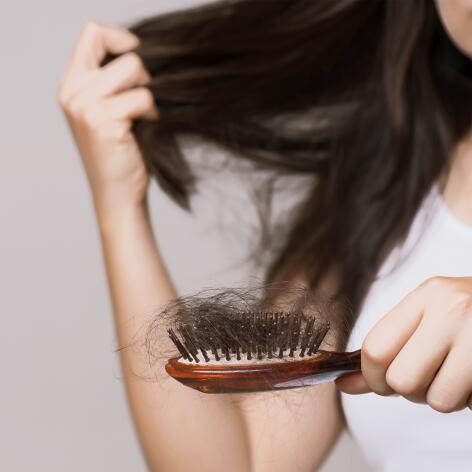
http://www.eau-thermale-avene.com.demo1-mhvfcey-rt2jsj2urzxpk.eu-4.platformsh.site/votre-peau/votre-peau-pendant-un-cancer/votre-peau-pendant-les-traitements-contre-le-cancer/proteger-votre-peau-des-effets-secondaires-des-traitements-contre-le-cancer/prendre-soin-de-votre-cuir-chevelu-pendant-et-apres-la-chimiotherapie
The principle of chemotherapy? To destroy the cancer cells that are spreading excessively. Unfortunately, this treatment will also impact healthy cells, such as those in the hair bulb. As a result, hair falls out. This loss can be more or less sudden, depending on the molecules administered. Therefore, in some cases, no alopecia is reported.
The resistance of the hair and the dosage of chemotherapy can also play a role, as well as the wearing of a cold cap to prevent hair loss. In some people, itching and tingling of the scalp occur.
When does hair grow back after chemotherapy?
After the chemotherapy has finished, hair starts to grow back downy. This can take three to six months, at a rate of about 1 cm per month. Most of the time, hair grows back the same. Sometimes it can grow back differently: thinner, whiter. Pigmentation and thickness return to normal after a few months. During regrowth, avoid chemical dyes for at least six months. Choose vegetable dyes to avoid irritation and allergies. And don't hesitate to ask your oncologist or socio-aesthetician for advice on which products to choose if you are in doubt.
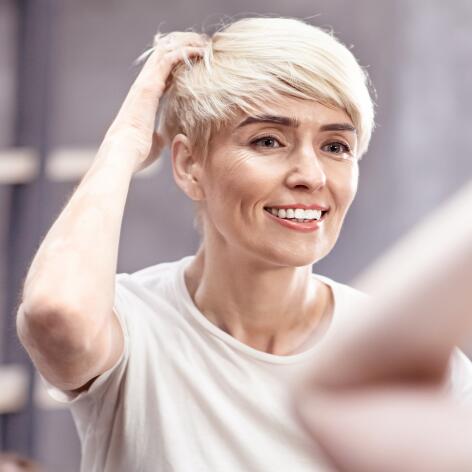
Hair on the body, head, eyelashes and eyebrows grows back a few weeks to a few months after treatment has ended.
French National Cancer Institute
Preferred shampoos and treatments
To protect your hair before, during and after chemotherapy, you should:
wash your hair the day before a chemotherapy session
then leave it for three to eight days to give your scalp time to rest. Do not wash your hair too regularly and use a shampoo for sensitive scalps.
Air dry your hair as much as possible:
the heat of the hairdryer can irritate and dry out your scalp and make your hair more fragile. Avoid curlers, plaits or braids and straightening until your hair is stronger.
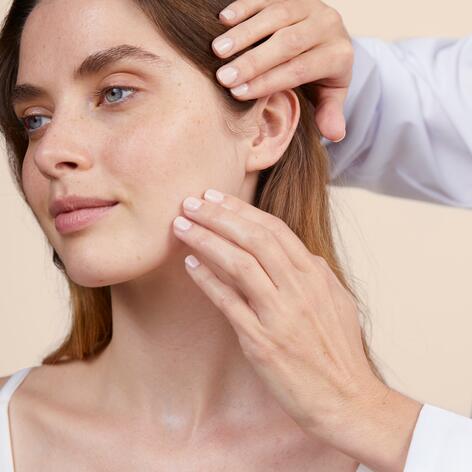
Products and steps to care for your scalp
After chemotherapy, the scalp is weakened. To care for it you can use a gentle shampoo for sensitive scalps or a cleansing oil. If itching occurs, gently massage a moisturiser or restoring balm into the scalp or parting of your hair. This daily step will protect it from the cold, wind or pollution for example. Another advantage is that moisturising your skin will help to remove any small flakes that may appear. A massage to be performed once or twice a day to soothe and relax your scalp... and yourself!
FRIENDLY (AND EXPERT) ADVICE
Should you cut your hair before chemotherapy?
After your first few sessions of chemotherapy, your hair may start to fall out. Cutting your hair beforehand is recommended i.e. cutting it as short as 1 cm. Even though it is temporary, hair loss is difficult to cope with. Don't hesitate to ask someone close to you to accompany you; they will be there to support you. You can approach a hair technician, a hairdresser or a beautician, who will be able to help you during this stage and answer your questions. If you want to go to your usual hairdresser, ask for an appointment at the end of the day so that you can be alone in the salon. If you want to do it at home, having a friend or relative with you will help.
Our last tips for caring for your scalp
Day to day:
- Choose products without fragrances or soap with a physiological pH.
- In the shower, use lukewarm water, around 34°C, as the heat can dry out the skin on your scalp.
- Apply an emollient with a gentle massage. This daily step will protect your scalp from aggressors (cold, wind, pollution).
- Apply maximum sun protection to protect yourself from UV rays, and wear a hat in strong sunlight.
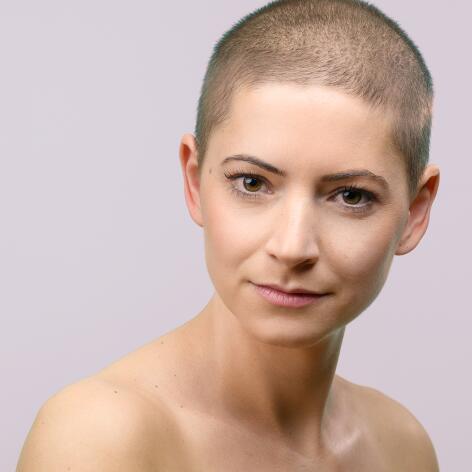
Our solutions for caring for your scalp
Eau Thermale Avène skincare products designed to help you feel better about your skin
- Avène Thermal Spring Water Spray
Thermal Spring Water
Avène Thermal Spring Water SpraySoothes - Restores the skin barrier - Calms
NEWSLETTER
We’re always here for your skin!
All our tips for taking care of your skin day to day.
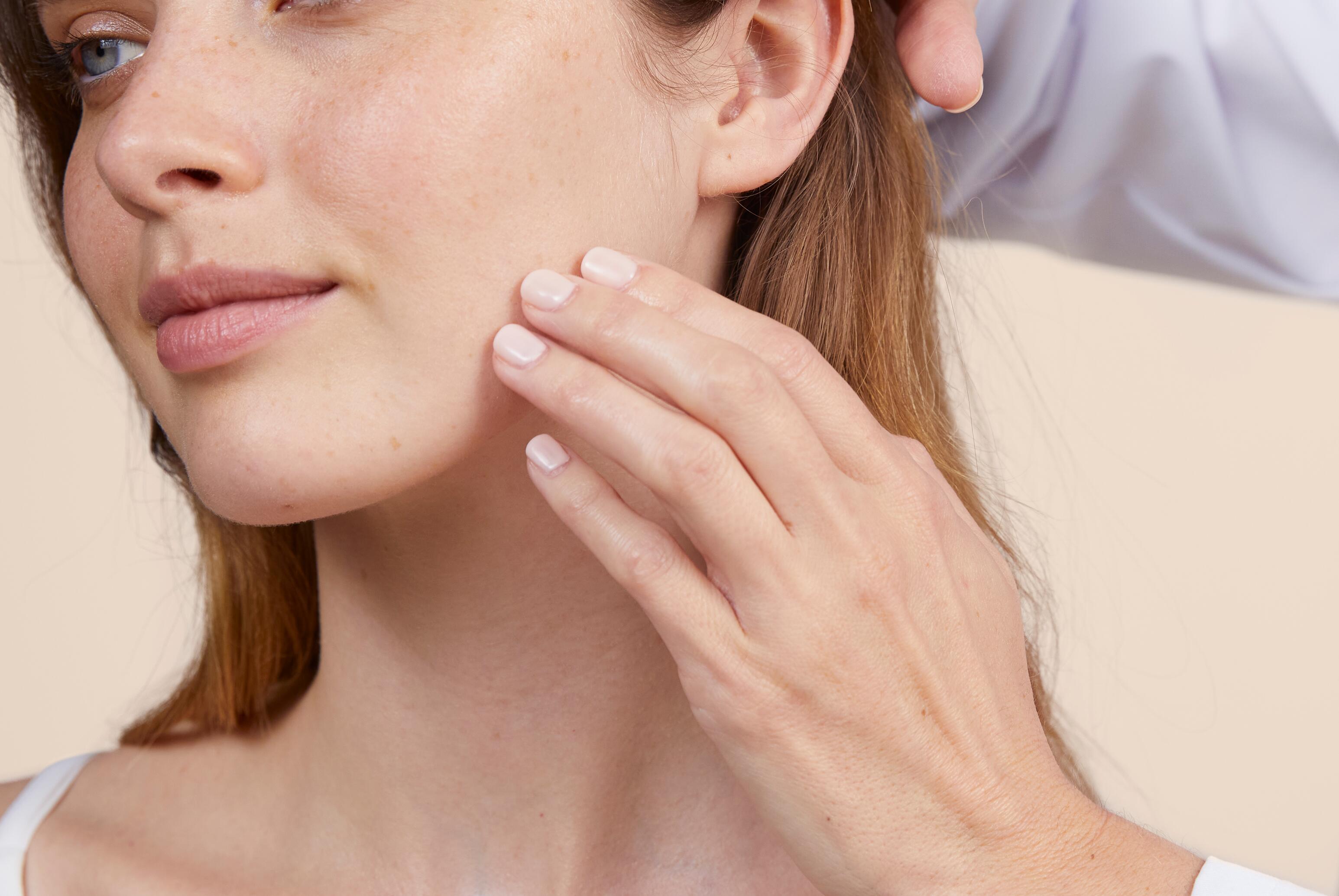
Which skin care routine should you adopt?
Identify what it really needs with the help of our experts and discover the most suitable skin care routine for you.

